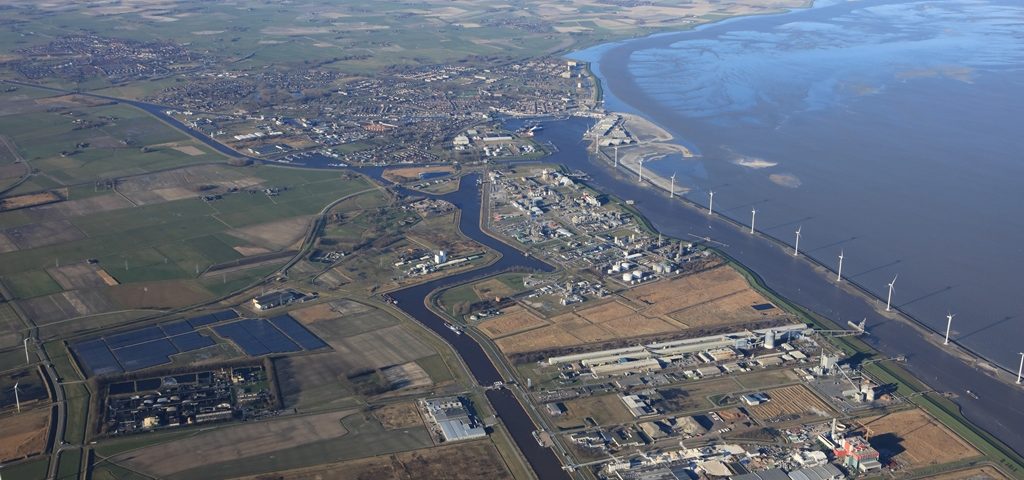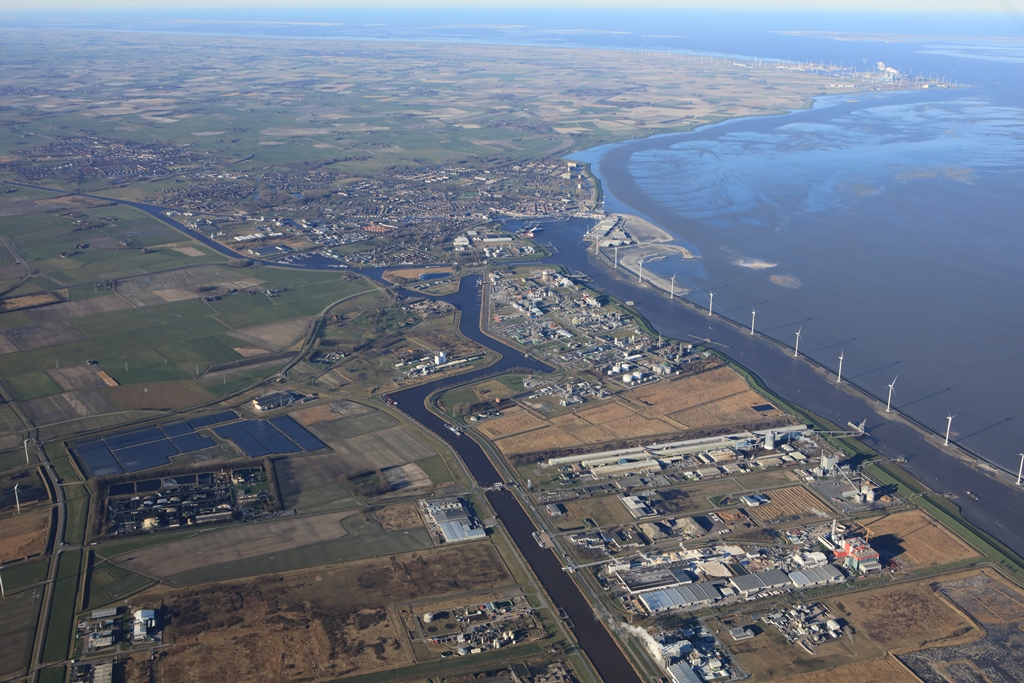The Northern Netherlands aims to be Europe’s most sustainable industrial area by 2030
The Northern Netherlands aims to be Europe’s most sustainable industrial area by 2030

Call for 4-6 GW of wind farms north of the Wadden Sea
The Northern Netherlands industrial cluster aims to be one of Europe’s most sustainable industrial areas by 2030. The ending of gas production in Groningen and the obligations laid down in the Climate Agreement have prompted the region to rapidly introduce sustainability to respond to international demand for green business locations. The ambition is to save at least 49% of CO₂ in 12 years’ time and to be completely CO₂-neutral by 2050. A group of 31 companies and organisations in the provinces of Groningen and Drenthe, united in the Industry Forum for the Northern Netherlands (Industrietafel Noord-Nederland), are presenting this ambition in a vision paper today.
Industry in the Northern Netherlands – located in the area from Eemshaven to Emmen – is committed to the construction of 4-6 GigaWatt wind at sea north of the Wadden Sea, with landings in Eemshaven. In addition, green CO₂ from biomass is used in combination with hydrogen as a raw material for the chemical industry, resulting in negative CO₂ emissions. The Northern Netherlands aims to become Europe’s number one hydrogen hub. The plans also include solar energy, the use of industrial residual heat and the storage of CO₂.
International market
Cas König, CEO of Groningen Seaports, is chairman of the Industry Forum for the Northern Netherlands. “If there is any region in the world where the objectives for CO₂ reduction can be achieved, it is the Northern Netherlands. The ending of gas production means that we must accelerate our efforts to achieve a sustainable future. In this way, we will secure more than 20,000 jobs and the future of 150 companies based here. Fortunately, the international market for green business locations is booming. That explains why companies such as Google and the innovative chemical group Avantium have already established themselves in this region.”
Excellent starting position
The Northern Netherlands is ideally positioned to make optimum use of the energy logistics and infrastructure and to develop them for the energy transition. For example, the region has an extensive underground network of energy infrastructure at its disposal, both on land and in connections with the North Sea. Once gas production in Groningen has been stopped, the network can be used for the production, transport and storage of sustainable gases and heat for reuse because it has sufficient storage and buffer capacity to deploy temporary surpluses at other times. Biomass is abundantly available from the surrounding nature and agricultural areas.
Preconditions
In recent months, the companies and organisations involved have been members of the Industry Forum for the Northern Netherlands, which contributed to the Climate Agreement presented in July. The region can make a contribution of 30% to the national plans for CO₂ reduction. However, there are a number of preconditions for this, such as the possibility of constructing new offshore wind farms, subsidising biomass and facilitating (underground) storage capacity for hydrogen and CO₂.
Background to the Industry Forum for the Northern Netherlands
The Industry Forum for the Northern Netherlands represents the Chemport Europe area, consisting of two integrated chemical clusters, Eemsdelta (Eemshaven and Delfzijl) and Emmen, as well as large production locations located in the provinces of Groningen and Drenthe. Together, these companies provide more than 20,000 direct and indirect jobs. It is a large multifaceted area with two chemical clusters, two seaports, industry specialising in basic and polymer chemistry, food, recycling, agro, large-scale energy generation, and energy and offshore wind logistics. The area also has an extensive underground pipeline and cable system, which makes it an energy hub. It is precisely this combination that presents the northern industry with various ways of ensuring CO₂-neutral future.

Port and industrial area of Delfzijl. At the background Eemshaven.

